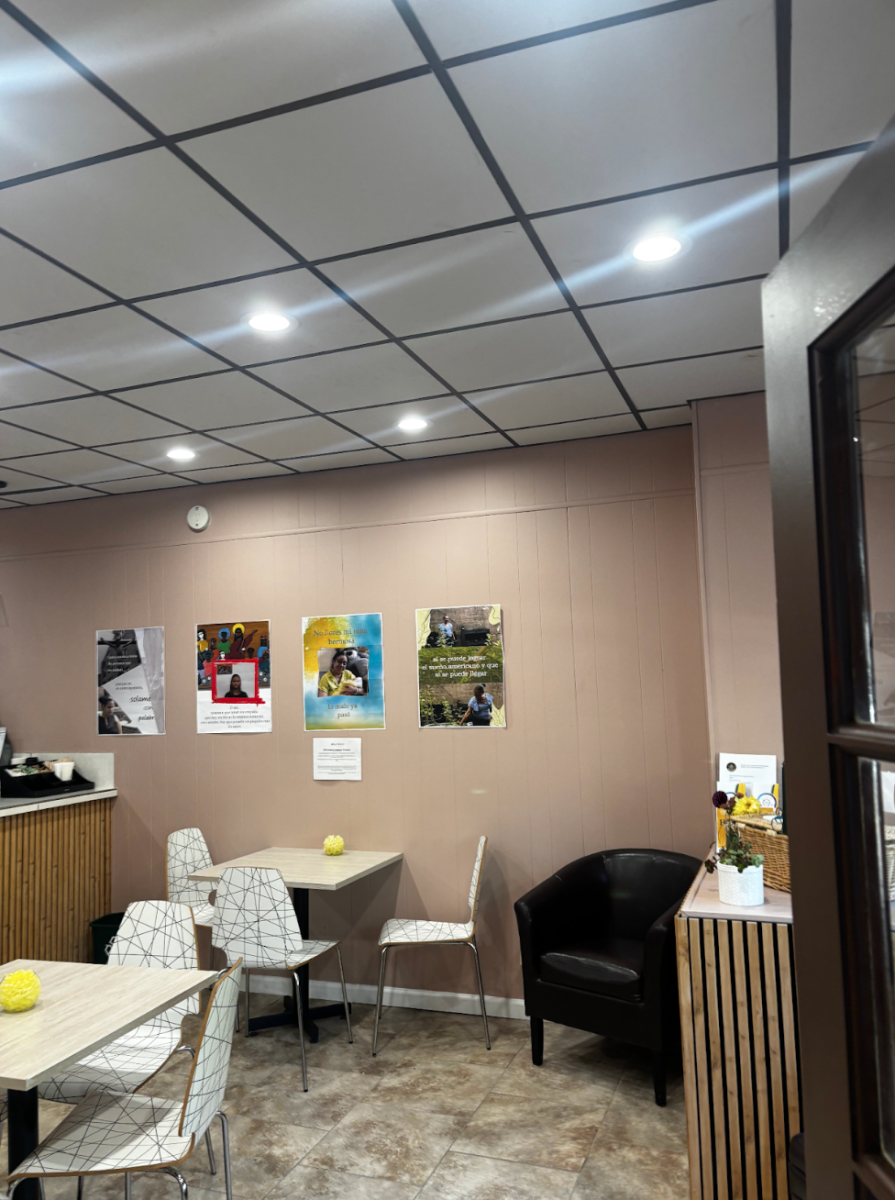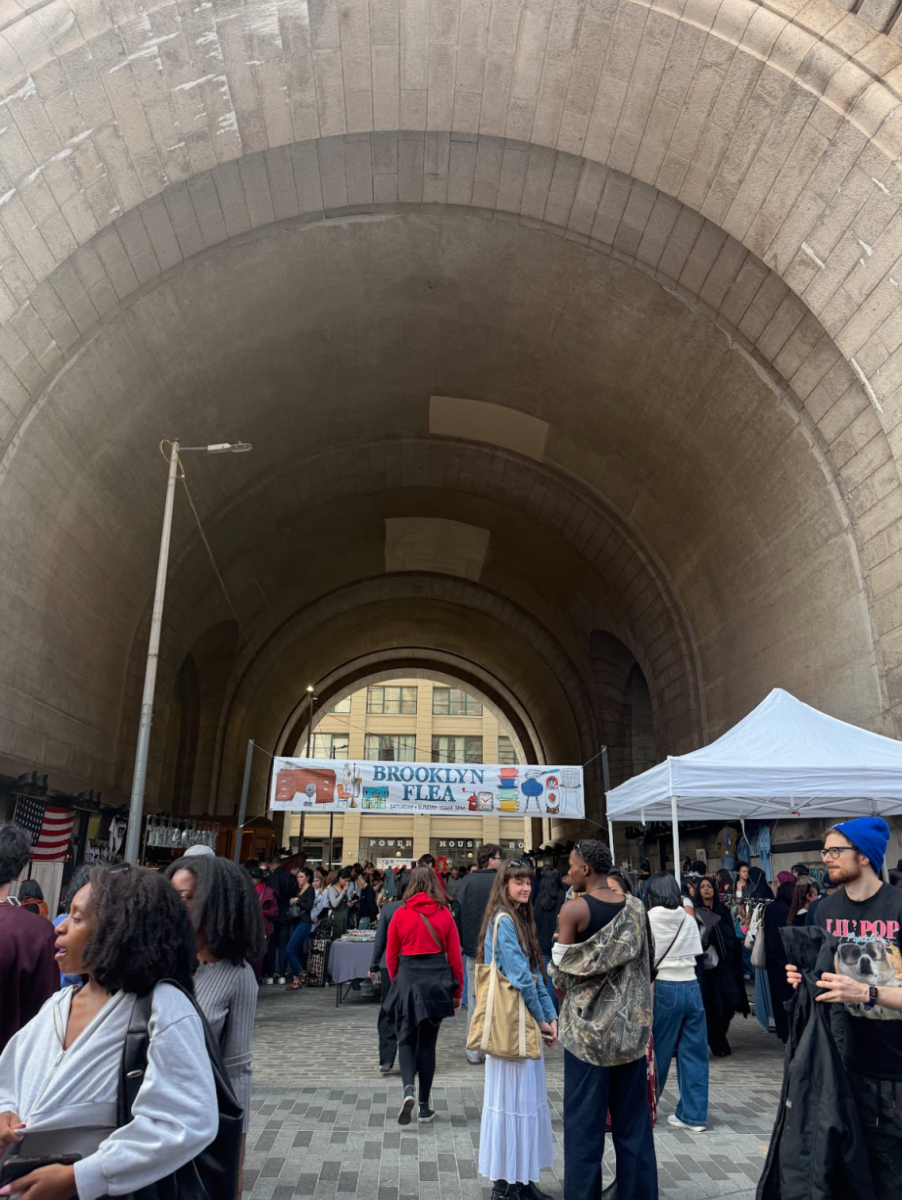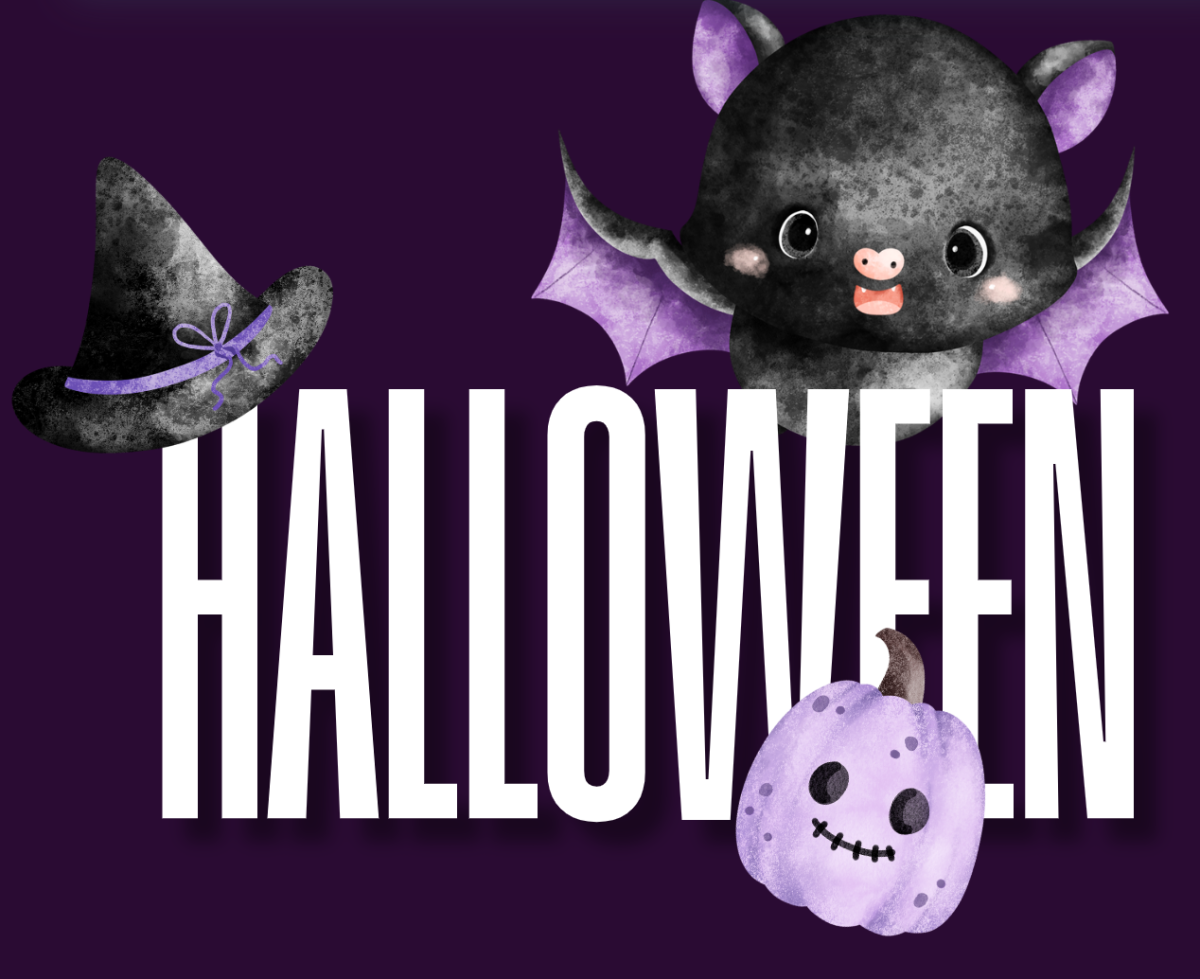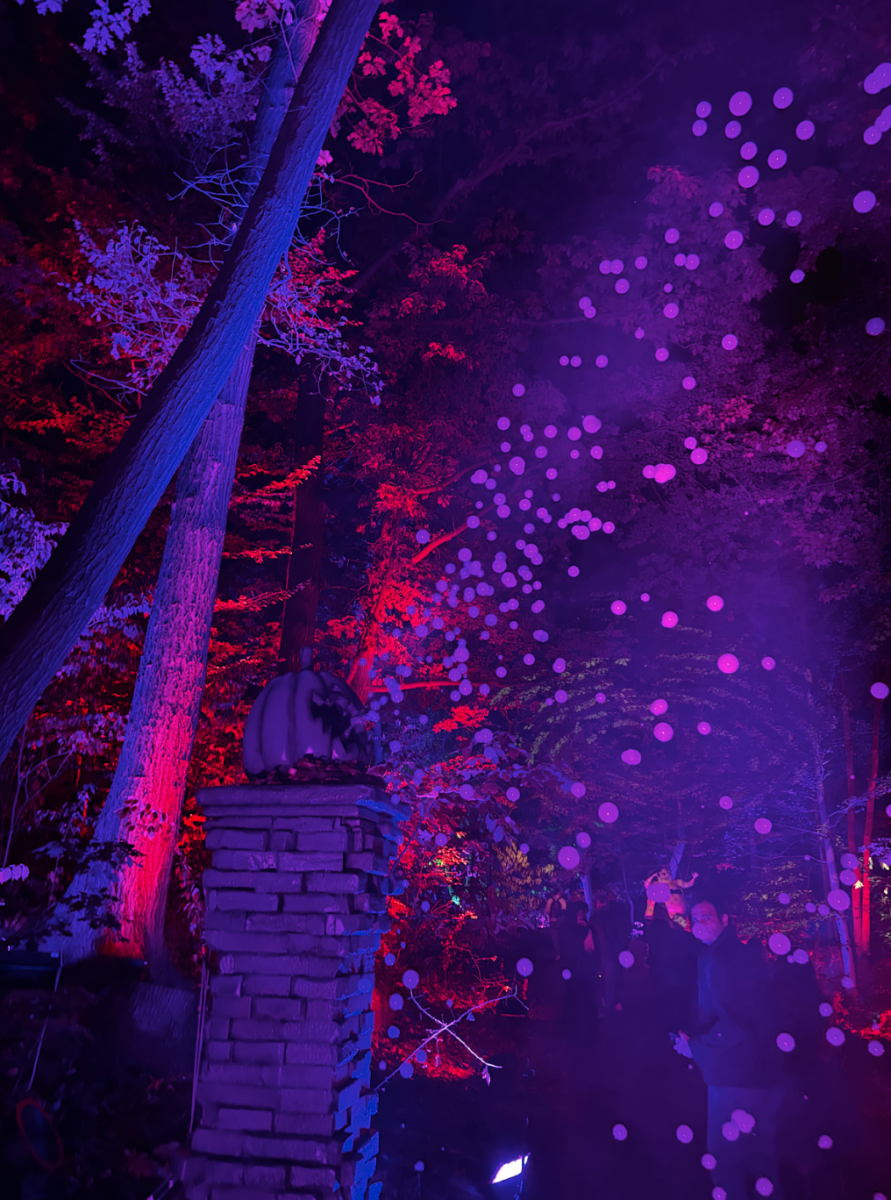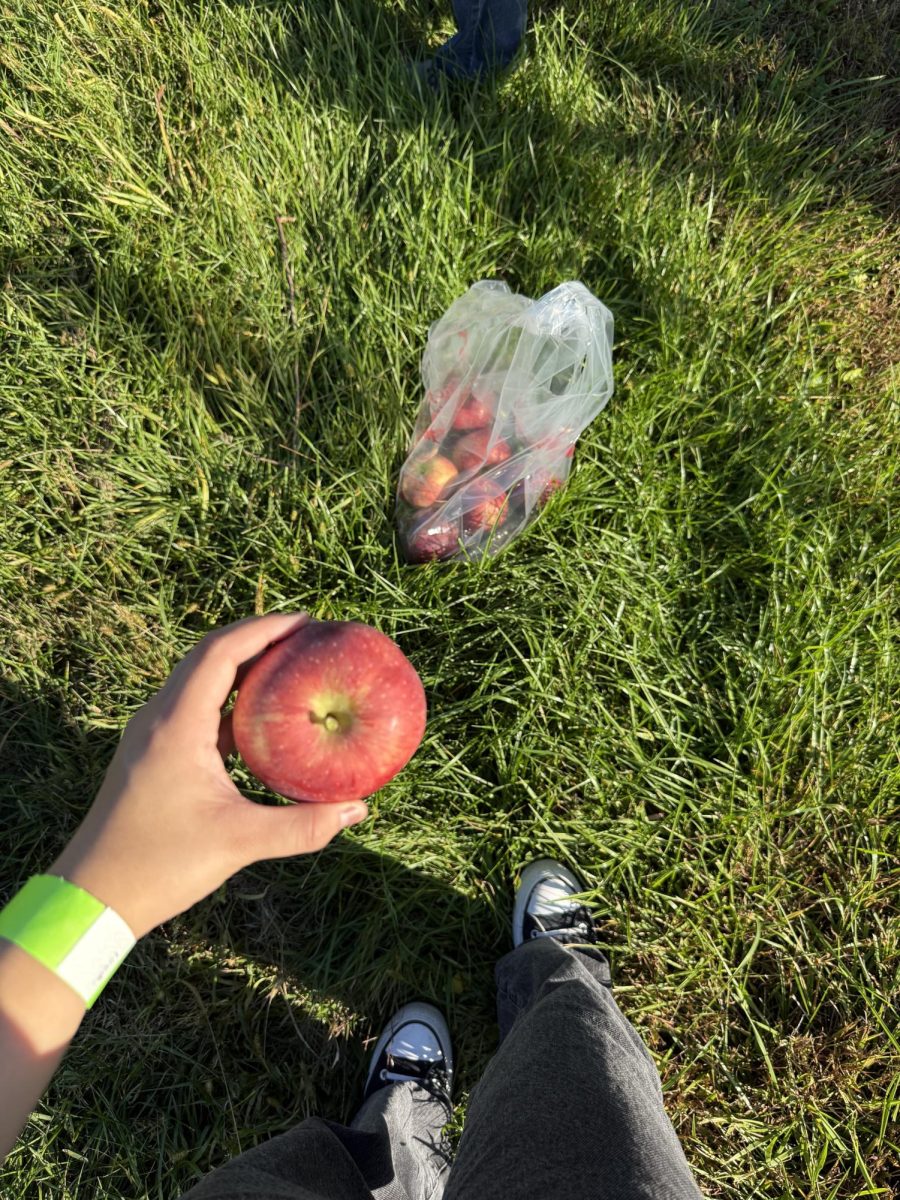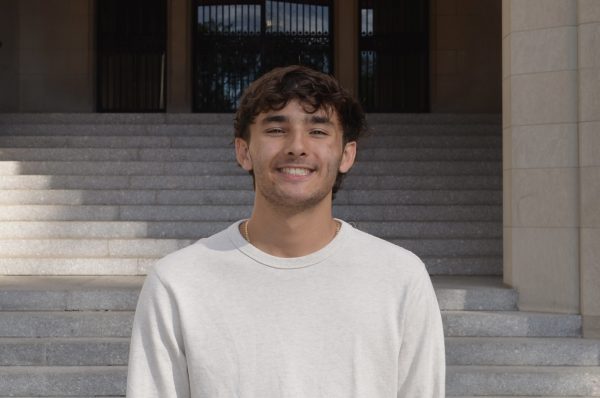“It is hard for people who have not lived in Los Angeles to realize how radically the Santa Ana figures in the local imagination,” once wrote Joan Didion, an American writer and, to some, most importantly, a California observer. “The city burning is Los Angeles’s deepest image of itself,” Didion said.
Darcy Mullane, FCRH ’28, (one of the many Didion-Los Angeles lovers) is a first-year English major you may find on campus playing with her Fordham University women’s rugby football club team, reading her work at The Rambling House Writing Club or The Ampersand meetings or sitting on Edwards Parade with her head buried in “Devotions” by Mary Oliver. Those lucky enough to know her can say that Mullane wears her heart on her sleeve and pours it into her personal writing, especially regarding her dear Pacific Palisades.
Mullane’s family landed in the Palisades in 2009 after moving from Santa Monica when she was three years old. They lived down the street from the house she and her two siblings would spend much of their childhood in, starting in 2011.
After about 13 years under the same beautiful, charcoal gray roof, Mullane’s father got a job that brought the family to Chicago in August 2024. They moved into an apartment just before Mullane had to settle into her first dorm room and start her first-semester courses; the family decided on their current house while she was at school.
Mullane, however, terribly missed her Californian childhood haven from the start. Shortly after Christmas Day 2024, she and her family visited Los Angeles. While her father and siblings avoided Pacific Palisades (Mullane describes going back to somewhere they spent so long in as “too emotional”), Mullane went to see her friends, adding that she wanted to “just be there again.”
Five days later, after returning to Chicago, Mullane, sitting in her living room and scrolling on Instagram she saw a picture of the Palisades Starbucks building she had spent “so many hours in” ignited in flames. She frantically found a fire-tracking map and saw that rapidly moving wildfires had reached land just above her old street. “It’s gone,” she recalls thinking of her beloved, old home.
The Palisades Fires began on Jan. 7, 2025, in the Santa Monica Mountains and quickly spread to Pacific Palisades, Topanga and Malibu areas. Over 20,000 acres of land were burned, and more than 6,000 structures (primarily homes) were destroyed before the flames were completely contained on Jan. 31. It is the most destructive wildfire Los Angeles has ever seen, and the third-most destructive in California history.
Within the first day of the growing fires, a friend of the family messaged them a photograph taken from the bottom of Mullane’s old street (which was a part of the Palisades’ famously charming “alphabet streets”), and it was all gone. Mullane’s old house was one of the oldest in Pacific Palisades, dating back about 100 years.
“It was a really special place to grow up,” Mullane remarked about that house, with love in her eyes. The chimney had an “S” on the side of it, and her family always said it was for her little brother, Sebastian. She also remembers her baby brother taking his first steps inside. Her backyard was beautiful, with a pool and trampoline; they hosted Mullane’s quinceañera party there and “so, so many birthdays.” She and her older sister, Nellie, shared a bright pink bedroom before she moved into the guest room. “It was just a really pretty house, too,” she said.
Above all, Mullane loved that her home was a place of gathering. Although her friends lived far in the San Fernando Valley, they would come to stay at her house. Mullane’s friends had each other’s locations on their phones, and when one of them came by her house, Mullane would get a notification that they had “arrived at Paradise.” After she moved out, her best friend Michelle sent Mullane a photo of her old house with the text “Just missing Paradise.” Once it was burned, friends continued to send Mullane pictures. “It just kind of warms my heart,” she said. “That people loved that house so much that they visited it again even when it was gone.”
In addition to her commitment to talking about her hometown, she also contributed a poem titled “Eulogy of Pacific Palisades” to the Ampersand’s most recently published magazine.
“I just want to express my love for [Los Angeles] in general,” Mullane said. “It’s just one of the most beautiful cities in the world … You can be driving through skyscrapers for one second, but then you see the most beautiful mountain ranges in the world, and then you’re driving by the beach.”
She remembers her near-40-minute drive to her high school every morning, which consisted of “driving through the Palisades, and then driving down [the Pacific Coast Highway], which was right by the beach.”
She says, “Sometimes we’d see dolphins in the mornings; we’d see the sunrise sometimes … Then, we’d drive through Topanga Canyon, which was also kind of burned down; that canyon was just winding roads and mountains. So pretty. Then, you’d get to the top of Topanga and see the whole San Fernando Valley.” She loved it. How could you not?
Mullane also wants to emphasize that “these fires are real.” She explains a lack of understanding of these disasters she and those she knows have noticed when interacting with others, an issue she believes is accentuated by the distance between the East and West coasts. “A lot of people tell you ‘sorry,’ but I don’t think people realize how crazy and real it actually is … Because they’re so disconnected from it all,” she said.
Moving forward, Mullane plans to visit the Palisades. “I want to go back and see it … I still feel like I haven’t really processed it. I’ve seen pictures, and my friends have texted me about it, but I just feel like I haven’t realized that it’s all gone,” she said. Mullane also hopes to someday move back to Los Angeles, “It wouldn’t be the same if I couldn’t go back to the Palisades … But I would consider moving back to LA because it is my home. Still. It will always be my home,” she said.
One of Mullane’s favorite poems by her adored Mary Oliver reads, “We shake with joy, we shake with grief. What a time they two have, housed as they are in the same body.” Mullane told me her father once found a photo of her Pacific Palisades home in the local library — it was taken in its early days, when the house stood alone on a large plot of land, before any neighborhood was built around it. Today, that photo hangs, framed, outside Mullane’s Chicago bedroom, forever holding all the great grief and unending joy.






































































































































































































